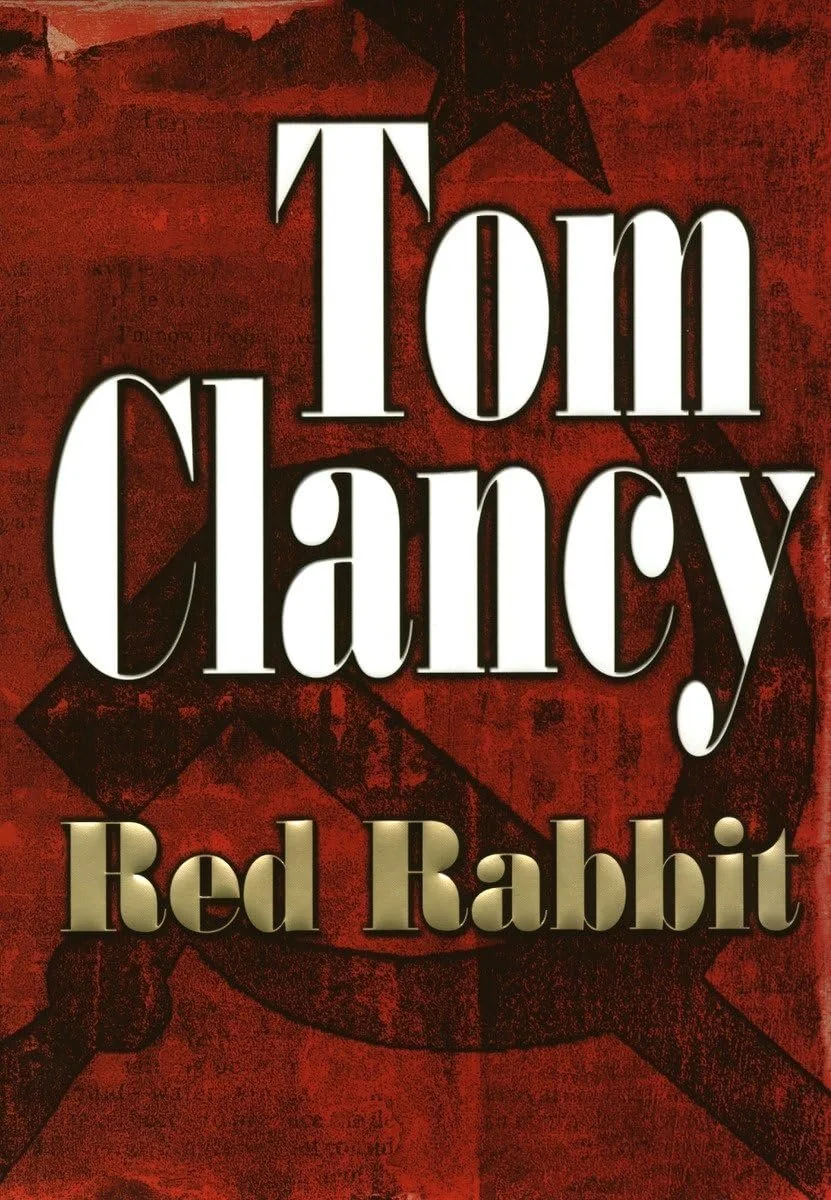Red Rabbit

Red Rabbit
By Tom Clancy
After a while of enjoying my next reading adventure, I've just finished Red Rabbit by Tom Clancy, the third installment in the Jack Ryan series. I'm blown away by how intricately Clancy managed to weave action right up to the last 10 pages and, yet, tie everything together so beautifully with an iron message.
While almost all of Clancy's books are fiction, not as many people know that much of the research in them is true. From his first novel (The Hunt for Red October) getting its research from newspaper clippings to obtaining the highest level of military security clearance possible for a civilian to possess, Clancy provides a logical picture of what every character wants, and this novel is no exception.
He portrays a frightening picture of life in Moscow during the reign of the Soviet Union, if only to prove the point that greed is hardwired into almost every government system and what can happen when we allow the wrong people to be in charge. He mixes this with his thrill ride of a solid espionage story to support the larger point that fear makes us do foolish things.
And more than that, the closer you are to the top, the greater the fear becomes. It begs us to look at ourselves and see our enemies without fear, to see that, although we may be on different sides of enemy lines, we all want what's best for ourselves-- a better life than the one across the line.
As far as execution goes, I wish Clancy had spent a little more time on the climax (despite the fact that it didn't quite go the way I was hoping it would). I like to think of climax as the well-deserved dessert after the reader finished the rest of the story, the vegetables. Botch any piece of the climax, and you run the risk of reader disappointment.
At the same time, his explanation of Russian words could be a little sooner (except for zaichik; that one was perfectly timed). In using a foreign language in any book, you always want to make certain your reader understands no matter what. Dan Brown actually does very well with this by using a comma and then the explanation right after the italicized word.
Still, Clancy gets an A+ in creating a thematic pattern. I would recommend this novel to anyone looking for decent moralistic literature as well as something fast-paced. But I'd also highly recommend it to anyone looking to study plot execution and thematic patterning, as it unfolds in due course as though it were written to teach structure.
I can't wait to read the next one, after I finish the book I just started.
